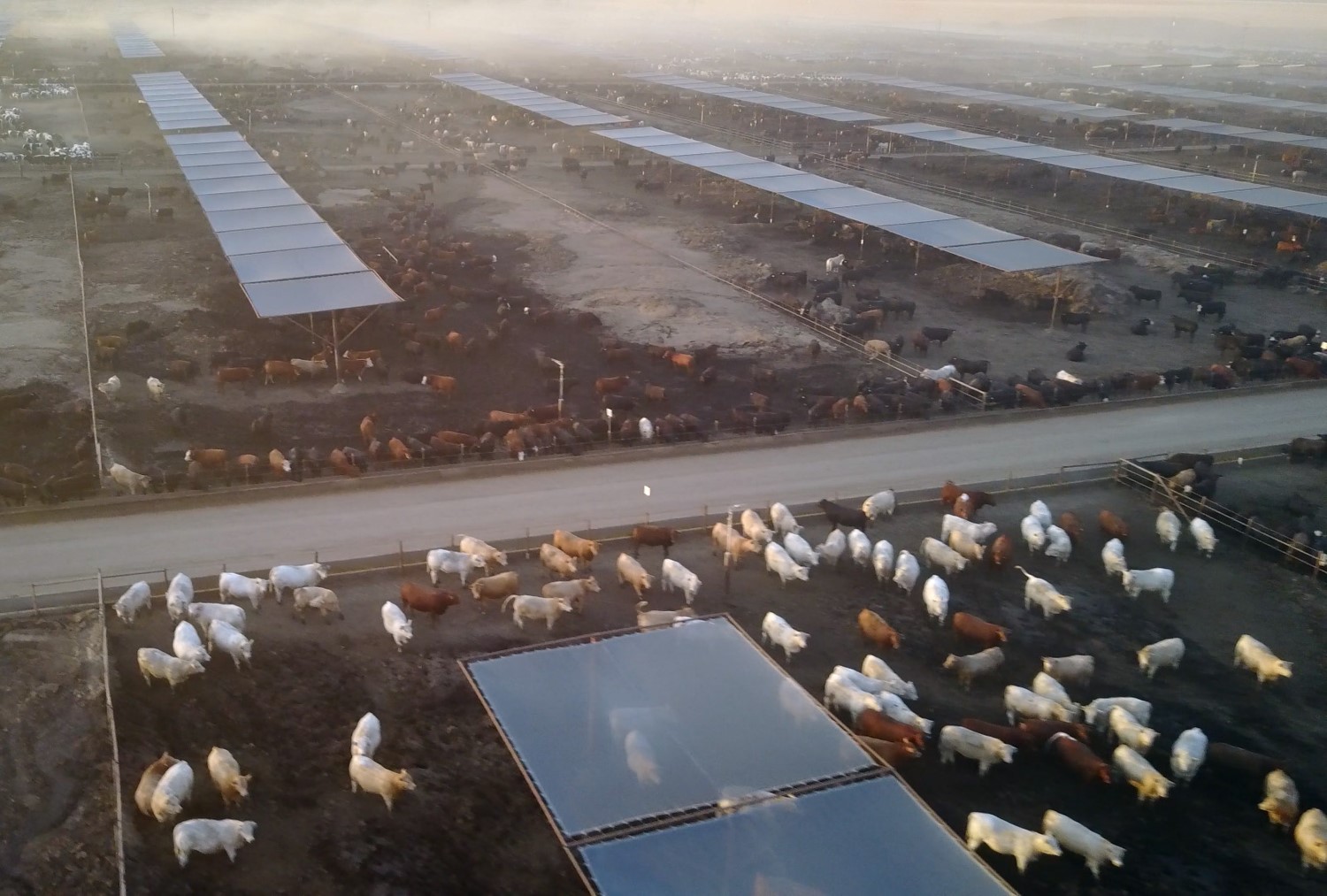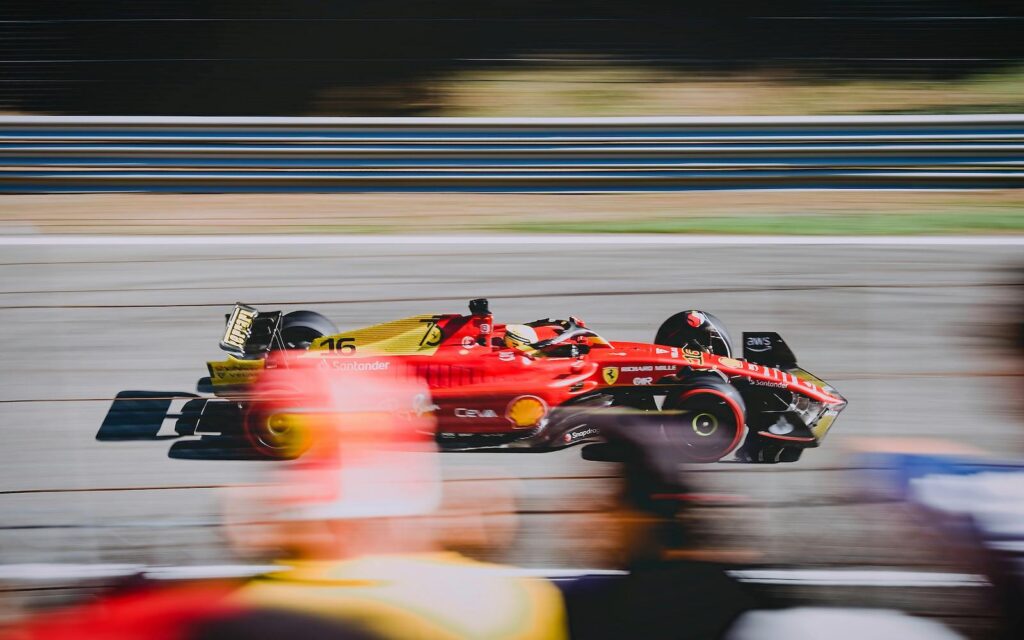Award-winning Canadian filmmaker Liz Marshall takes viewers behind the scenes to witness the birth of a sustainable meat industry.
Meat The Future is a poignant documentary about ‘cell-based’ meat, a food science that grows real meat from animal cells in a controlled and clean environment. The charismatic CEO of Memphis Meats, Dr Uma Valeti, spearheads the film which brings into question how the world will feed a growing population into the future.
Liz Marshall (The Ghosts in Our Machine, Water on the Table) has produced critically acclaimed documentaries since the mid – the ’90s, often through the lens of environmentalism and social activism.
“Documentaries create transformation,” says Marshall.
“I think it serves to open people’s eyes and remove people’s blinders to provide insight into new ways of seeing and feeling and thinking. Life is so multidimensional and filled with mystery and important stories and incredible human beings that are doing remarkable things. There’s a lot of awe, there’s a lot of wonder, there’s a lot of truth-telling that needs to be told.
“We’re such a diverse species and our history and realities are so diverse, yet we’re so homogenised. It becomes very two dimensional. I think documentaries create that third dimension by taking us into corners and windows and doors that we would otherwise not be able to imagine.”
Marshall has an eye for metamorphic stories. She has created films that continue to reverberate in the cultural zeitgeist such as Water On The Table and The Ghosts in Our Machine. The former follows Maude Barlow and her pursuit to protect water from privatisation while the latter spotlights animal rights activist Jo-Anne McArthur as she photographs fur farms, eschewing shocking imagery for a meditation on the symbiotic relationship between humans and animals.
When Marshall first heard about Dr Uma Valeti, she sensed something in her that would become the etiology for a ground-breaking depiction of a revolutionary industry.
“My brain was on fire when I discovered in the news cycle the unveiling of the world’s first lab-grown meatball. At the time they called it ‘Cultured Meat’. I know someone in that world so I phoned them up and I said, ‘Tell me more.’ He introduced me to Uma Valeti. I felt convinced that it was a film because we were there at the genesis stage of something that could change the world.
“The more this was hitting the mainstream, the more it became very clear that the film was about capturing the birth of an industry. Of course, it’s also about a new idea, a concept, an innovation, something pioneering. Uma’s a pioneer and at Memphis Meats, they’re all pioneers. So from that vantage point, it’s a story of vision for the world and how we can improve things and have solutions.”
One of the most startling moments in the film comes when Marshall realises her gamble on cell-based meats might pay-off. From humble beginnings, Memphis Meats could have turned into another liquidated company that would have spelled the same fate for Marshall’s film. However, the film garners much excitement from successfully depicting the public’s warming to cultivated meats.
“What became a ‘wow moment’ was after a year of filming. What happened was Memphis Meats raised millions of dollars and the meat industry, Bill Gates, and Richard Branson were behind that, they invested in Uma’s little company. That was shocking and so exciting for the story.
“To wrap your head around two of the largest meat companies being partners, they were invested in this. That really tweaked your thinking. It’s no longer a disruptive technology, it’s a transformative technology.”
From a meatball that cost $18,000 per pound in 2016 to the world’s first cell-based poultry in 2017 for half the cost, Marshall follows Valeti over three years as the cost of cultivated meat continues to plummet and consumers eye the birth of an industry.
Meat The Future is showing as part of this year’s Melbourne Documentary Film Festival.
Never miss a story. Sign up to Beat’s newsletter and you’ll be served fresh music, arts, food and culture stories three times a week.







